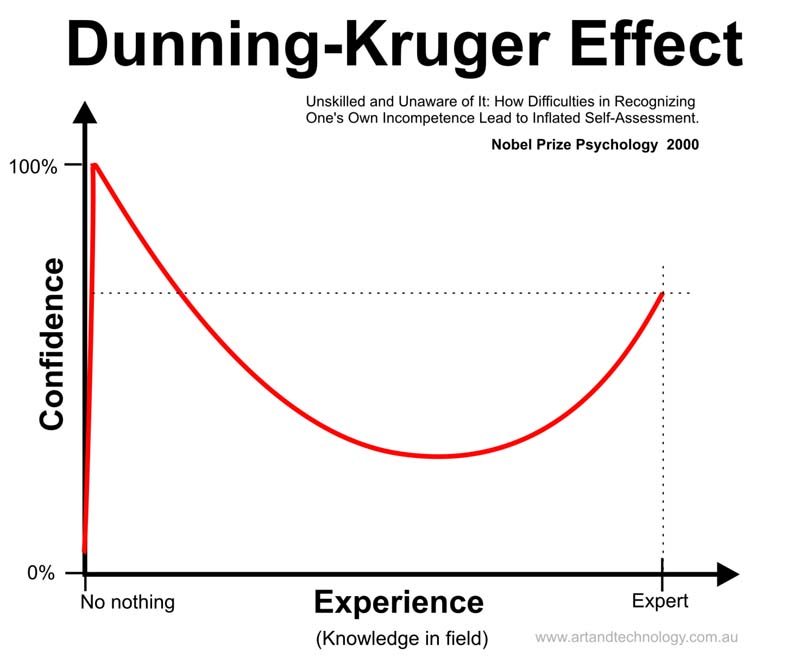A few months ago I read in the Atlantic’s article that the term follow your passion has significantly increased in used English since 1990.
Tech and business mainstream media enforce this belief persuading people that if you find something you love to do, you’ll never have to work a day in your life. Our generation has been fed on advice that passion is something that finds you, but the more I was looking for it trying to increase my luck, the more confused I was. For a long time I was jumping from one idea to the next with an average frequency of a half to one year.
I am very passionate, but my problem is that I get excited about new things easily. I love to learn about everything – from Japanese knives to space, to interior design to building tech software company based on machine learning and NLP to ecommerce marketing.
So for a long time I couldn’t find something which would grab my heart fully, where I could be completely immersed, digging deeper and deeper in the complexities of a one, defined problem. Almost to the intensity of how some people with Asperger syndrome completely cut themselves out of a social noise and lose themselves in a creation (I’m not of course undermining all the hardship that this syndrome entails).
Then I understood my problem – passions aren’t found, they’re developed.
Follow Choose your passion
Passion is not found overnight, but is born through series of discoveries of small interests. Sometimes we have it easier and “passion” – or rather, at that point – interests – are chosen for us. While being little kids, our parents sign us up for piano lessons, ballet etc, or maybe we observe our father how he fixes engines in his backyard and we fall in love with this naturally. The more we get accustomed to something, the more we start liking it (or the opposite – but at least we can draw a clear conclusion).
Modern times, the cult of individualism and endless possibilities made it hard for us to choose our passion. We can do everything and be everything, so most of the times we become paralysed or go to the FOMO extreme and try too many things for way too short. We choose to go with the flow, let ‘life happen to us’. We choose others to choose for us.
I love what my colleague Laurie Segall once said:
Life is a process of elimination. I think you should have the jobs you don’t want to figure out the jobs you do want. You should date the people you are not supposed to date to realize who you do want to date. There is so much pressure to be perfect, and fall into this perfect place, and to know exactly where you fit. I’m almost positive, I get more and more of an idea of who I am by figuring out who I am not. I think so many times it’s easy to be ruled by the ‘should’s.’ What we should want, what we should do, what life should look like. It’s it courageous and scary to carve out your own path.
How passion is developed
In a paper Psychological Science paper, the authors draw the theory and a difference between the two mindsets. One is a “fixed theory of interests”—the idea that core interests are there from birth, just waiting to be discovered—and the other is a “growth theory,” the idea that interests are something anyone can cultivate over time.
It’s through a process of investment and development that you develop an abiding passion in a field.
Media sometimes tend to flatten the complexity of “becoming” a prodige (btw, I recommend reading Outliers: The Story of Success by Malcolm Gladwell) – proclaiming the natural wonder. Yes, people have an inclination to exceed in some fields over others but nobody, if not nurtured, influenced by others in the industry and trained, will become extraordinary. The trick is to focus on your strengths, ask for help and get out there.
There is no such thing as a self-made man. We are made up of thousands of others. Every one who has ever done a kind deed for us, or spoken one word of encouragement to us, has entered into the make-up of our character and of our thoughts, as well as our success.
George Matthew Adams
Another reason not to buy into the fixed theory is that it can cause people to give up too easily. If something becomes difficult (and it eventually does as you go deeper), it’s easy to assume that it simply must not have been your passion, after all.

People who have a growth mindset about their own intelligence tend to be less afraid of failure, because they believe smarts are cultivated, not inherent. Interests are related to, but distinct from, abilities. You can be interested in something but not very good at it.
I love painting but I’m not really good at it (although my mom is saying otherwise). It’s never been my true passion or a career prospect, though. I always treated it as a hobby, something I can relax with.
Narrow your interest
With all the endless choices we’ve got, you can never be good in all the things you try. So choose only a few and become damn good at them. Better yet, if your interests are from seemingly unrelated fields. Mix your findings applying a new perspective to the other industry’s problem, and you can give beginnings of a new industry or a sub-industry.
Then, focus on making it simple for others to understand. Paradoxically people prefer to hide in a thicket of hard-sounding words and unnecessarily created acronyms than to speak the language others can understand.
They fear to be taken for unprofessional and amateur.
If you can’t explain it simply, you don’t understand it well enough.
Albert Einstein
I’ve been interested in technology for a long time now. I guess the official starting point was creating The Sims fan page at the age of 14 and gathering lots of loyal fans (thank you, Microsoft FrontPage). I’ve grasped many different sides of technology but never seriously got into coding (I blame starting with the wrong language – PHP). That’s why I decided to use my enthusiasm to advocate for the best use of emerging tech. Besides empowering other girls and women in STEM fields through my work in NGO Girls in Tech, I’ve decided to make myself useful to the world by solving problems with something most familiar to me – technology. To solve problems that I and many other people have in the workplaces – namely, to give people time back to do more human, creative things. To regain connections. To support humans with underlaying knowledge in between fragmented data.
It all sounds a general, but you would be blown away how many life use examples in field of health, hospitality or public security we’ve discussed with companies and institutions and how exciting it is to feel that you can contribute to bettering someone else’s quality of work and life.
AI, Machine Learning, AI, Blockchain etc, technologies are only the tools. They serve their purpose only if applied to a real-life problem. And when you feel strongly about solving one – then passion will follow… Better yet, if you have experienced it yourself.
Share your findings with others, inspire and help others learn from your own mistakes. Even if you feel like you know nothing, your existing acquired knowledge is already of huge value to many other people who are just entering the same field.
I know that I still know shit about Machine Learning and AI (don’t 99% of proclaimed ‘experts’?), but I also know that my cross-industry experiences are unique and can be of value to others.



![Start-ups and start-downs [Evoque Journey] louveciennes @flickr](https://hankka.com/wp-content/uploads/2013/09/bfast.jpg)


